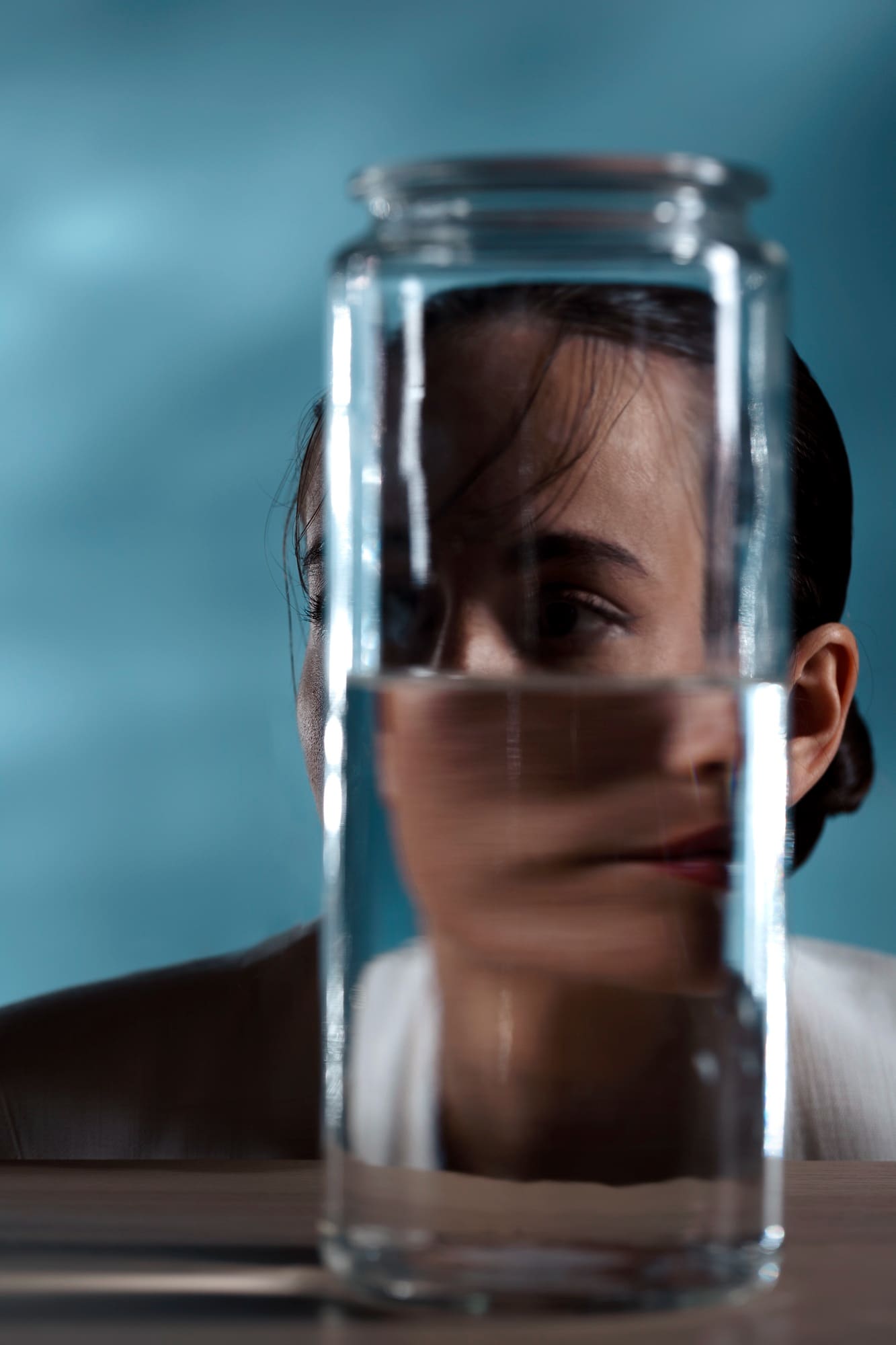Home / Mental Health Treatment / PPD Treatment

It’s not unusual for people to feel like they don’t know what’s going on in the world, and to be suspicious of people. But what if that mistrust gets to the point where it’s getting in the way of relationships and everyday life?
Enter Paranoid personality disorder (PPD), which is characterized by a lack of trust in people and a constant fear that they’re up to something bad.
People with PPD live in a world full of paranoia. They’re constantly suspicious of everyone around them, and they’re always afraid of being found out.
One of the first steps when seeking treatment for substance abuse is the detoxification process. Here you are medically supervised and managed through withdrawal process to rid the body of drugs & alcohol.
Residential inpatient treatment is when a client lives on-site 24 hours a day, 7 days a week while receiving intensive inpatient treatment. Learn more about inpatient treatment and how it can help you on your journey.
The partial day program at Calusa Recovery combines the best of aspects inpatient and outpatient treatment to form a hybrid program that allows you to experience inpatient therapies on an outpatient basis.
Find out why the innovative intensive outpatient program at Calusa Recovery is your best choice when seeking an outpatient addiction treatment program in Ft. Myers, Florida.
Our outpatient program will enable your professional life to become limitless. We offer the tools for you to become the best you can be while being sober! If you’re in Lee County, don’t wait another day to start your recovery.
The family program at Calusa Recovery is an integral part of our programming. Family therapy is an essential part of the recovery process because it allows members of the entire family system to learn how to recover as a unit while supporting their loved-one in recovery.
People with PPD have a lot of distrust and suspicion of people around them. They can be really sensitive to any kind of criticism or rejection, and can see even small interactions as a sign of something bad. This can cause them to avoid social situations, get into arguments or be really mean, and be really defensive.
PPD isn’t very common, but it can really take a toll on your life. If you don’t get help, your symptoms can get worse over time, which can make it harder to stay in touch, keep a steady job, and hang out with friends.
The signs of postpartum depression can look different from person to person, but some of the most common ones include :
These can be tough to deal with, but it’s important to keep in mind that people with PPD aren’t trying to be mean or unreasonable.
While there is no definitive explanation for PPD, scientists think it may be caused by a combination of genetics and environmental factors. Some of these factors include:
These risk factors can make you more likely to develop PPD, but not all women who experience them will develop the disorder.
Figuring out if you have postpartum depression (PPD) can be tricky. It can be hard to tell the difference between the symptoms of PPD and other mental health issues. But mental health experts use a bunch of different tests and criteria to figure out if you have PPD and if there’s anything else going on.
Some common criteria for diagnosing PPD include:
In addition to these, mental health experts can use tests like the MMPI or the TAT to figure out if you have PPD and if there are any other things that could be causing it.
Living with postpartum depression (PPD) can be really tough. It can make it hard to form and keep relationships, keep a steady job, and hang out with friends. Plus, the paranoia and mistrust that come with it can really hurt your mental health.
Some of the potential impacts of PPD on mental health include:
Living with postpartum depression can be really tough, but there are lots of things you can do to help yourself and your loved ones. Here are some of the resources you can look for:
Living with PPD can be really tough, but it doesn’t have to be. If you take the time to get help, build a support system, and take care of yourself, you can learn how to manage your symptoms and live a better life. We can break down the barriers of misunderstanding and make people more aware of this disorder, so we can create a better world for everyone who suffers from mental illness.